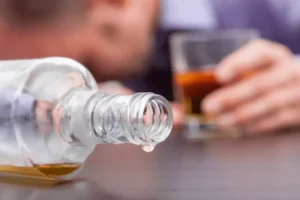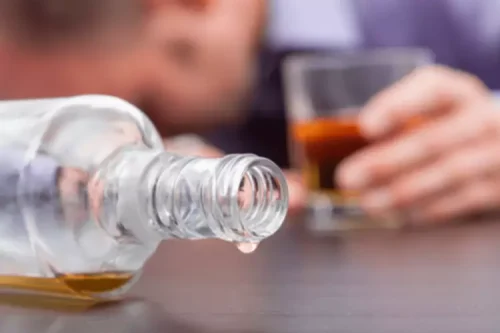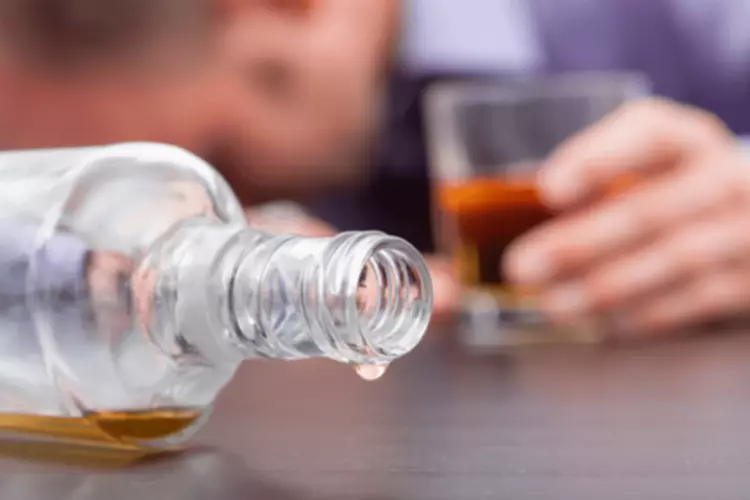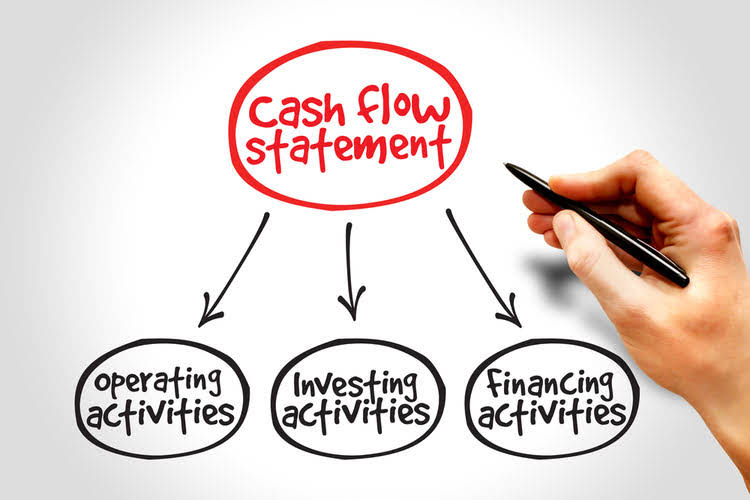
With their ability to impact a person’s physical and psychological health, alcohol withdrawal symptoms are troubling, but severe withdrawal symptoms can put people in substantial danger. Symptoms outside of the anticipated withdrawal period or resumption of alcohol use also warrants referral to an addiction specialist or inpatient treatment program. The intensity of withdrawal symptoms from alcohol can differ widely based on a range of personal characteristics. When people with an alcohol use disorder cease or considerably decrease their consumption, about half will experience withdrawal symptoms. While PAWS is generally not life-threatening, these lingering symptoms can threaten a https://ecosoberhouse.com/ person’s motivation to remain sober.
Why Are Some People Mean Drunks?

This underscores the necessity for continued assistance and the use of non-habit-forming medications alcohol withdrawal to uphold abstinence. Alcohol withdrawal will begin once the levels of alcohol in the bloodstream drop below what is normal for the person. Mild symptoms may begin as early assix hours after the last drinkfor some people. The time it takes withdrawal to start depends on factors like age, gender, genetics, overall health and alcohol use history. The information presented in this article and visual timeline about alcohol withdrawal is for educational purposes only. This content does not substitute for professional medical advice, diagnosis, or treatment.
Stop living like you’re fighting through a battle every day. Check out Self Recovery’s private, online program.
New symptoms will develop, including clammy skin, nausea, jumpiness, insomnia, depression and loss of appetite. As new symptoms develop, they will become more and more intense as withdrawal progresses. Stopping alcohol can seem daunting, especially if you use it Sober living house frequently or if it is a central part of your social life. You can feel better, decrease your risk of diseases, think more clearly, save money and even improve your relationships.
Symptoms
Alcohol withdrawal is widespread among people with alcohol use disorders who decide to stop drinking or reduce their intake. If you’re experiencing alcohol withdrawal, your body might be going through an array of uncomfortable physical and mental changes. Ethanol is the primary alcohol that’s ingested by people with alcohol use disorder. It’s also a central nervous system depressant, and your body may become more reliant on ethanol the longer it’s exposed to it. Moderate symptoms of alcohol withdrawal may last up to 6 days, whereas severe symptoms may last for 5 to 7 days.
Walk-In Rehab Options for Alcohol Addiction in Georgia

Because the brain reduces its output of GABA while a person is consuming high amounts of alcohol, suddenly not drinking leaves the brain with a shortage of this calm-inducing chemical. In some cases, AWS can be a medical emergency and — if complications arise — potentially life threatening. You may experience AWS between a few hours to a few days after your last drink or suddenly after reducing heavy alcohol use. Alcohol withdrawal is a natural physical response your body goes through when trying to break an alcohol dependence. They can be a great option for people who have to work during the day, and are only available for treatment in the evenings.
- What may begin as social or stress-related drinking can cause a cycle where alcohol becomes the central part of life, regardless of its negative impact on health, relationships, and responsibilities.
- In a medical detox center, physicians are on standby to make sure you’re both safe and comfortable as you’re going through this process.
- The Alcohol Withdrawal Symptoms Chart below shows each stage of alcohol withdrawal, from the first symptoms to the critical points where medical care becomes essential.

An intervention from loved ones can help some people recognize and accept that they need professional help. If you’re concerned about someone who drinks too much, ask a professional experienced in alcohol treatment for advice on how to approach that person. If your pattern of drinking results in repeated significant distress and problems functioning in your daily life, you likely have alcohol use disorder.
- Yet some people might still encounter lingering psychological effects for an extended period lasting several months, a state referred to as post-acute withdrawal syndrome (PAWS).
- The best way to understand withdrawal symptoms is to think of the body’s alert system on overdrive.
- It’s easy to forget that alcohol is an addictive substance that can have incredibly harmful effects on our physical and mental health.
- We cover things like health problems, exercise, mental health, hospital codes, pain relief, nutrition.
- Because he is a member of a support group that stresses the importance of anonymity at the public level, he does not use his photograph or his real name on this website.
Your doctor may prescribe medication to help you manage your symptoms of alcohol withdrawal. They might recommend chlordiazepoxide (Librium), which can also help alleviate symptoms of anxiety. Acute AWS is a term that describes the initial symptoms of alcohol withdrawal.
When not properly treated, AWS can progress to delirium tremens (Table 38–10). During this period, close monitoring of blood pressure and heart rate is essential. Healthcare professionals might use medications such as benzodiazepines to alleviate symptoms, reduce the likelihood of seizures, and manage potential psychosis or hallucinations. For some individuals, supportive care in a clinical setting can make a major difference in preventing life-threatening complications.

Many individuals experience better recovery outcomes when they continue to “step down” in care after detox. Symptoms occur in three stages, with the first symptoms typically appearing within 8 to 10 hours after your last drink if you have severe AUD. Physical dependence is more likely to occur as your tolerance for alcohol, and therefore the amount you use, increases. You may reach a point where you start drinking again just to relieve your symptoms. For instance, you might write a list of reasons why you want to stop drinking alcohol and read it. The sooner you start treatment (which often includes both medication and therapy) the better your outcome.
Medical Intervention and Monitoring

As the body begins to build a higher tolerance for alcohol, the brain becomes more dependent on the substance for feel-good neurotransmitters. When chronic heavy drinking is suddenly stopped, dopamine production also halts, causing physical and psychological withdrawal symptoms. References for this review were identified by searches of PubMed between 1985 and 2016, and references from relevant articles. The final reference list was generated on the basis of relevance to the topics covered in this review.










